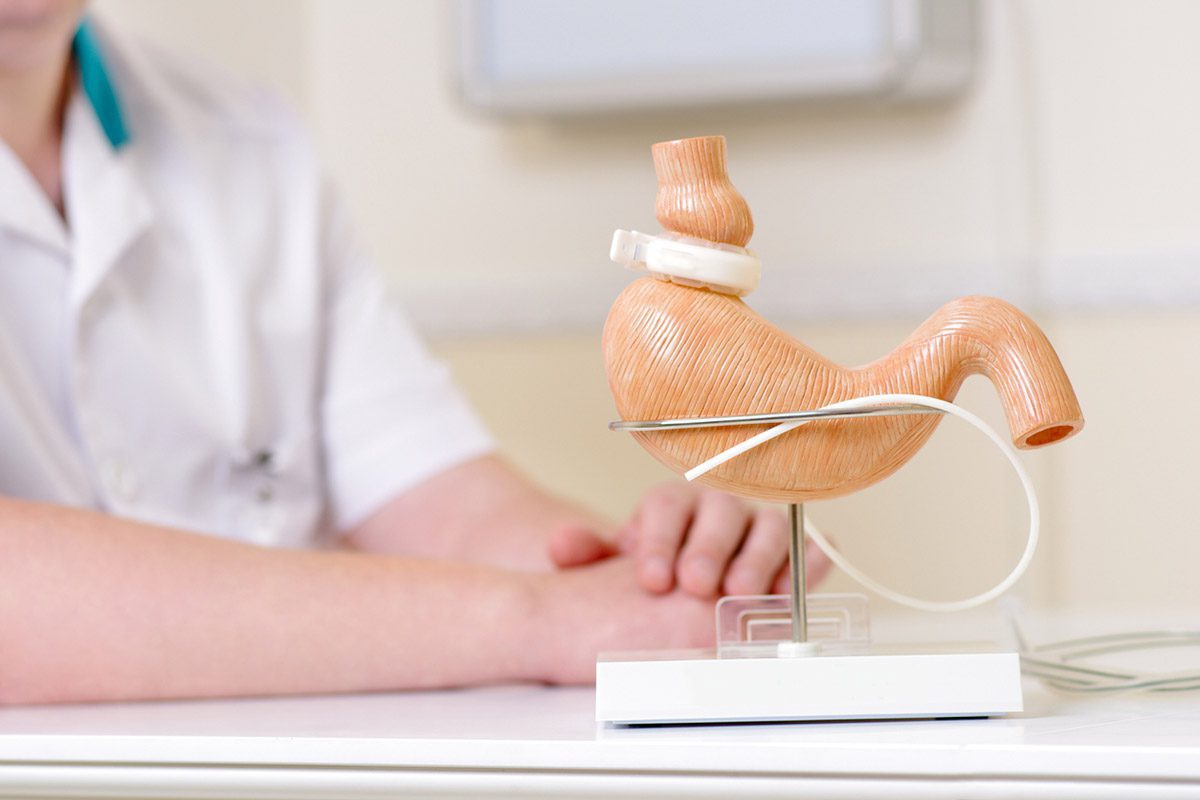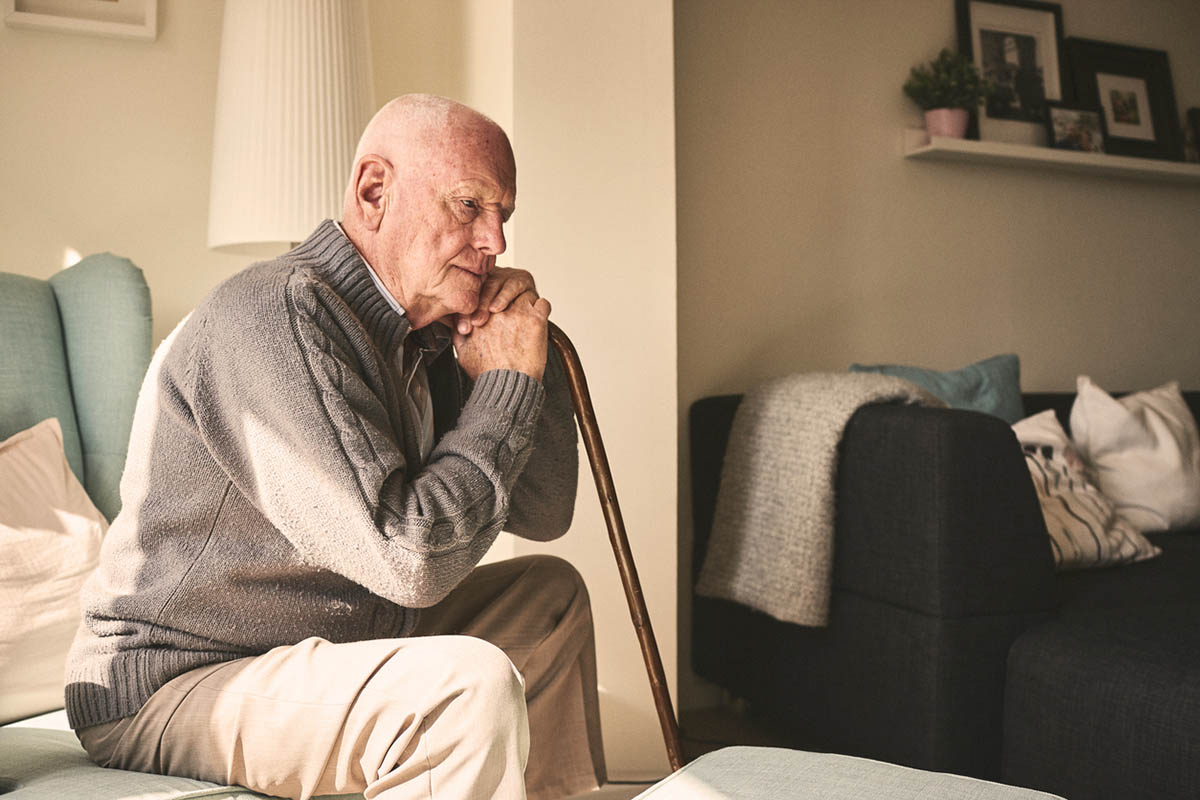In Bipolar Disorder Beyond 10 Weeks of Treatment, the Term Antidepressants Is a Misnomer
To the Editor: In a January 2011 letter to the editor1 commenting on the article by Ghaemi et al,2 Dr Keith Rasmussen describes the finding of more depression in bipolar patients treated with antidepressants as if both new and surprising. In my opinion, it is neither. Two other recent studies3,4 have looked at rates of depression in bipolar disorder patients treated with and without antidepressants and found that those treated with antidepressants had twice as many depressed days,3 significantly higher CGI-BP depression scores (P < .001),4 and a significantly higher rate of depressive relapse (P < .001) at 12 weeks and 24 months.4
Since depression is by far the most commonly observed pathology after the first few years of bipolar disorder, it follows that if certain agents worsened cycling, they would be associated with more depression, mixed states, and cycling. Indeed, the recent study by Schneck et al5 of rapid-cycling bipolar patients found 2 to 4 times the rate of cycling in those treated with antidepressants.
Given all this, a more important question might be, Do these agents help beyond the initial 10 weeks of therapy? The best evidence in favor comes from the Stanley Foundation Bipolar Network (SFBN) studies, which showed continued benefit up to 1 year in 15%-20% of patients after initial response to the addition of an antidepressant to an average of 1.4 mood stabilizers.6,7 The perhaps methodologically more compelling Systematic Treatment Enhancement Program for Bipolar Disorder (STEP-BD) studies, however, show "no statistically significant symptomatic benefit" of adjunctive antidepressants over 1 to 3 years after initial benefit in the randomized discontinuation study by Ghaemi et al, 2 and the adjunctive add-on antidepressant study by Sachs et al8 showed no benefit whatsoever up to 26 weeks.
As such, to continue to call these agents antidepressants in the context of the ongoing treatment of lifelong bipolar disorder serves merely to mislead ourselves, our colleagues, and especially our bipolar patients and their families, and to extend the use of these agents beyond 10 weeks, as observed in 50%-84% of bipolar patients.9 Beyond 10 weeks, the antidepressants appear to do more harm than good.2-5 I therefore propose instead the term unipolar antidepressants,10 as contrasted with the emerging class of bipolar antidepressants,10 such as lamotrigine, quetiapine, lithium, and possibly olanzapine, which have demonstrated long-term benefit without worsening of cycling or depression.
References
1. Rasmussen KG. Do antidepressants really beget more depressive episodes? [letter] J Clin Psychiatry. 2011;72(1):115-116, author reply 116.PubMed doi:10.4088/JCP.10lr06489blu
2. Ghaemi SN, Ostacher MM, El-Mallakh RS, et al. Antidepressant discontinuation in bipolar depression: a Systematic Treatment Enhancement Program for Bipolar Disorder (STEP-BD) randomized clinical trial of long-term effectiveness and safety. J Clin Psychiatry. 2010;71(4):372-380.PubMed doi:10.4088/JCP.08m04909gre
3. Bauer M, Rasgon N, Grof P, et al. Do antidepressants influence mood patterns? a naturalistic study in bipolar disorder. Eur Psychiatry. 2006;21(4):262-269.PubMed doi:10.1016/j.eurpsy.2006.04.009
4. Rosa AR, Cruz N, Franco C, et al. Why do clinicians maintain antidepressants in some patients with acute mania? hints from the European Mania in Bipolar Longitudinal Evaluation of Medication (EMBLEM), a large naturalistic study. J Clin Psychiatry. 2010;71(8):1000-1006.PubMed doi:10.4088/JCP.09m05026gre
5. Schneck CD, Miklowitz DJ, Miyahara S, et al. The prospective course of rapid-cycling bipolar disorder: findings from the STEP-BD. Am J Psychiatry. 2008;165(3):370-377, quiz 410.PubMed doi:10.1176/appi.ajp.2007.05081484
6. Altshuler LL, Suppes T, Black D, et al. Impact of antidepressant discontinuation after acute bipolar depression remission on rates of depressive relapse at 1-year follow-up. Am J Psychiatry. 2003;160(7):1252-1262.PubMed doi:10.1176/appi.ajp.160.7.1252
7. Leverich GS, Altshuler LL, Frye MA, et al. Risk of switch in mood polarity to hypomania or mania in patients with bipolar depression during acute and continuation trials of venlafaxine, sertraline, and bupropion as adjuncts to mood stabilizers. Am J Psychiatry. 2006;163(2):232-239.PubMed doi:10.1176/appi.ajp.163.2.232
8. Sachs GS, Nierenberg AA, Calabrese JR, et al. Effectiveness of adjunctive antidepressant treatment for bipolar depression. N Engl J Med. 2007;356(17):1711-1722.PubMed doi:10.1056/NEJMoa064135
9. Baldessarini R, Henk H, Sklar A, et al. Psychotropic medications for patients with bipolar disorder in the United States: polytherapy and adherence. Psychiatr Serv. 2008;59(10):1175-1183.PubMed doi:10.1176/appi.ps.59.10.1175
10. Sparhawk R. Treatment of mood disorders: a surprising omission, and the role of lamotrigine as a prototypical bipolar antidepressant. Prim Psychiatry. 2010;17(7):17-19.
Drs Rasmussen and Ghaemi were shown this letter and declined to comment.
Author affiliations: Department of Psychiatry, St Thomas Hospital, Akron, Ohio, and Northeast Ohio Universities College of Medicine, Rootstown. Potential conflicts of interest: Dr Sparhawk has worked for numerous pharmaceutical companies in the past as a clinical investigator, CME speaker, promotional speaker, and consultant, but has not worked for any of them in the past 12 months. Neither he nor his family have equity positions in pharmaceutical companies. Funding/support: None reported.
doi:10.4088/JCP.11l06953
© Copyright 2011 Physicians Postgraduate Press, Inc.





